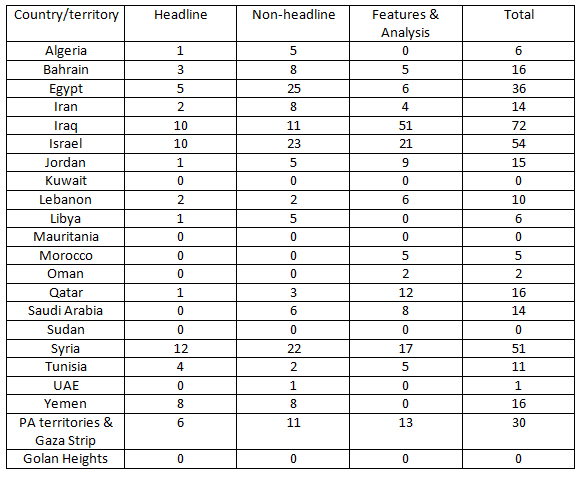On September 3rd the Frontline Club – with which the BBC frequently collaborates – will be hosting an event titled “Reporting the Israeli–Palestinian Conflict – Emotion, Bias and Objectivity” which we are informed is already fully booked.
The topic of discussion is promoted as follows:
“The latest chapter in the Israeli–Palestinian conflict has again highlighted the difficulties of covering this complex and deep-rooted conflict that provokes such a strong emotional response from the general public.
The BBC has faced accusation that it is not critical enough of Israel’s actions and that its reporting is one-sided, whereas Channel 4 News has been accused of crossing the line between journalism and campaigning. Is there a middle ground?
In the face of such devastation should we expect correspondents to offer an objective view devoid of emotion? If we encourage correspondents to show more emotion do we risk compromising the credibility and standard of journalism in this country?
Join us as we take a view of the coverage we have seen, talk to the journalists that have produced it and ask what we can learn.”
On the panel selected to provide answers to those questions are Jeremy ‘I see no human shields’ Bowen and Channel 4’s Jon Snow.
The discussion would doubtless be enhanced were Bowen (along with his colleague Orla Guerin) to take the trouble to brush up beforehand on the topic of Hamas’ use of human shields and that policy’s role in causing so many of the civilian casualties which he graphically reported during his recent stint in the Gaza strip.
That, of course, is unlikely to happen but if any of our readers do intend to attend the event and would like to report on it afterwards, we would be interested in hearing from you.
In the meantime, what do readers think of the questions above? Is it really too much to ask journalists to report conflicts objectively and factually? Would we accept that other professions – say doctors or policemen – should have leeway to bend professional standards in light of emotionally difficult scenes or experiences? Is reporting based on journalists’ emotions of any value to the BBC’s funding public? Has the “credibility and standard of journalism” displayed by the BBC indeed been compromised by its coverage of the recent conflict and do readers identify any effects of the style and content of its coverage in broader society? Tell us in the comments below.




